Several employees at the Basra International Airport gathered March 14, 2010, in separate rooms to continue their next set of lessons, which began more than two months ago. However, these classes had nothing to do with radar procedures or ticketing processes.
Instead, the topic of the morning focused on how to purchase food at a supermarket.
If there was a common thread, it wasn't that participants were extolling the value of a dinar, but rather seeing the value in the ability to speak English while on the job.
Maj. Conrad Hawkins, civil affairs cultural liaison with the 486th Civil Affairs Battalion of Tulsa, Okla., volunteered to teach the basic English class for the men.
Hawkins acknowledged that mastering English is difficult as any language, including Arabic, and its various dialects, "that change every 100 miles as you go."
"The purpose of this is to speak correctly so the words can be pronounced," he said.
While the group of eight men grasped the slippery forms of fruits and vegetables, a contingent of eight women seated in a room down the hall tackled various topics including Iraqi culture, education, economics, nutrition and clothing.
Since the advanced conversational English classes began in late January, they have been teaching 12 women who are all engineers at the airport. Many of them have been working together for decades.
During those last few weeks - all over the course of normal conversations - opinions have slowly filled language gaps. On this day, exchanges revealed strong bonds between the women as well as culture, pride and hope about Iraq's future.
Wegdan Faisal, a flight information technician who has worked at the airport for 24 years, said that, over the last two decades, Iraq has lost its share of university professors and industrial professionals who left to pursue opportunity in other countries.
Though its professional base has shrunk, Iraq remains strong, and as a professional woman, Faisal hopes to remain and help, beginning with this small group.
"We would like to stay and build our country and make it very beautiful," she said.
Margaret Ostrenko is a social scientist with the Army's Human Terrain System, which provides commanders with cultural, human geographical information in order to enhance operational effectiveness. She chose to head the advanced English class because of the unique pool of professional Iraqi women.
Ostrenko is part of a Human Terrain Analysis Team of retired military members and academics that works in southern Iraq. Prior to her HTAT position, Ostrenko was an assistant professor in communication management at Saint Leo University School of Business in Saint Leo, Fla.
Farida Samona, a bilingual, bi-cultural advisor with the HTAT, said the opportunity for the women to express themselves in English is unique.
"With Saddam (Hussein in power), they didn't use English a lot," Samona said. "They didn't have that freedom."
The ability to speak English translates into opportunity in more ways than one.
The airport has been expanding, upgrading equipment and adding passengers. The ability to read an operating manual written in English or speak to a passenger in English is now part of the women's jobs, said retired Iraqi Maj. Gen. Falah Hassam, an intelligence advisor for the 1st Infantry Division, and who was instrumental in launching the classes.
He said that, as the airport must meet new state certification processes, English-speaking employees are a requirement. Such improvements are essential, he said, if the airport is to move ahead as a main transportation hub in southern Iraq.
For the men and women at Basra International Airport, moving ahead means change, and change is the word of the day.
"They want to make changes and we are encouraging that," Ostrenko said.
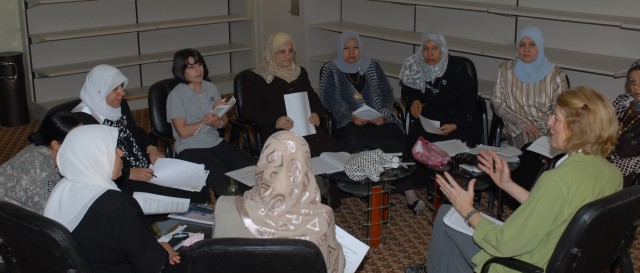
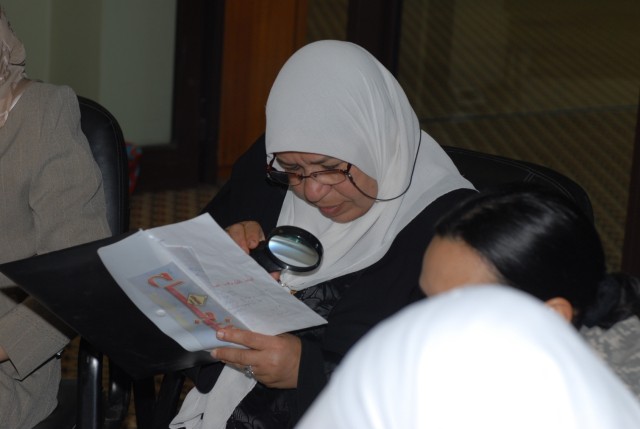
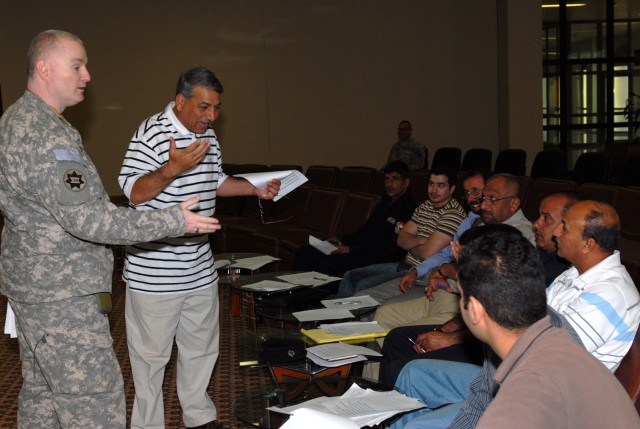
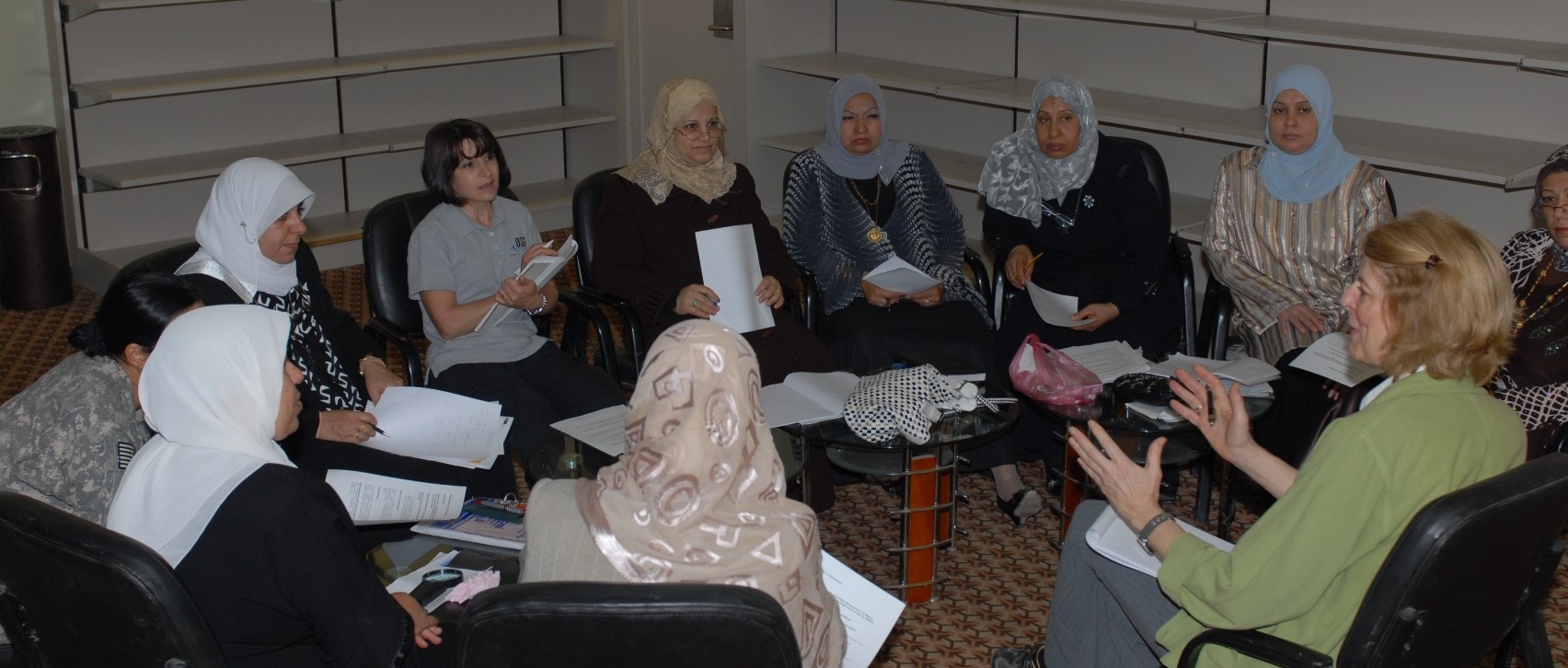
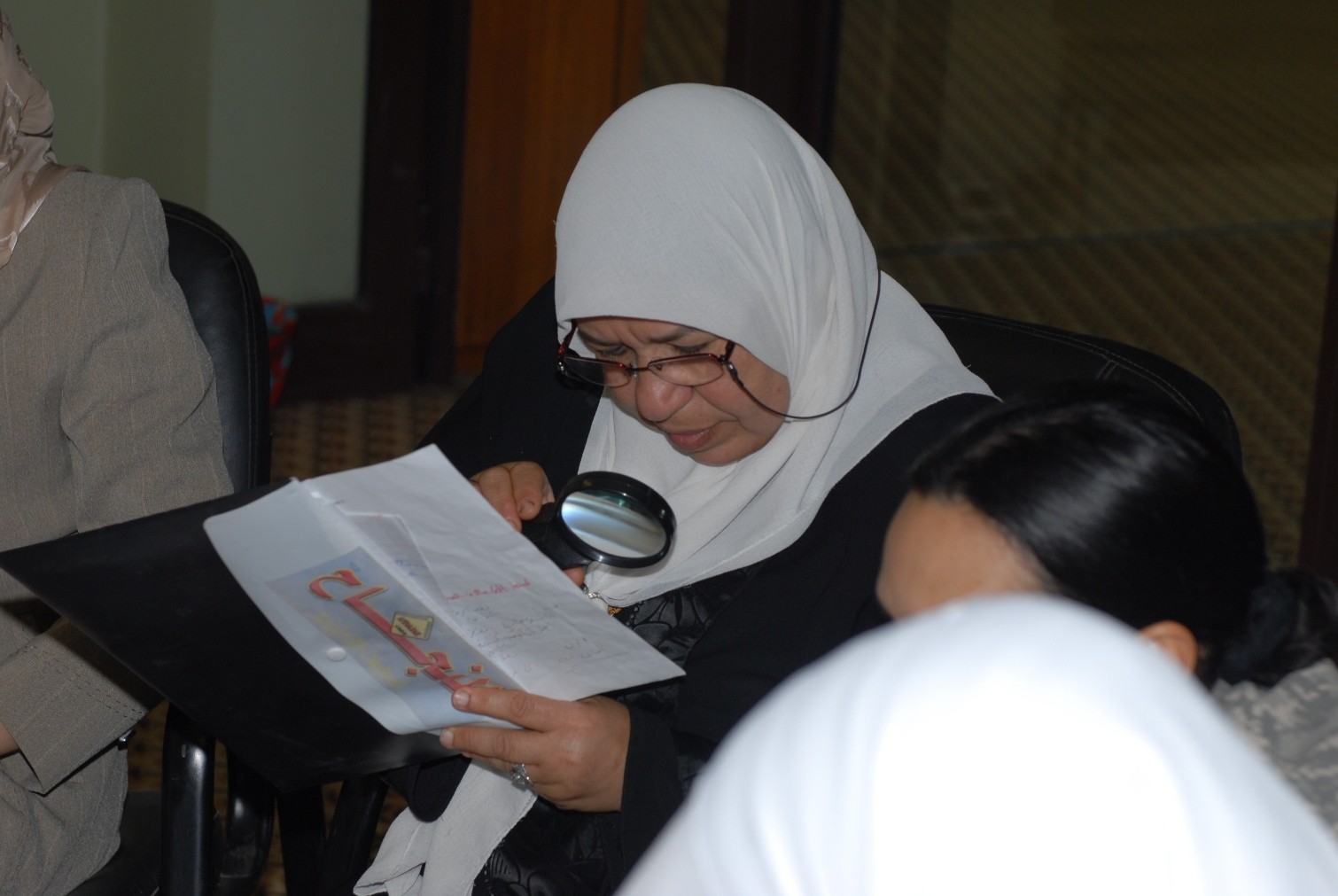
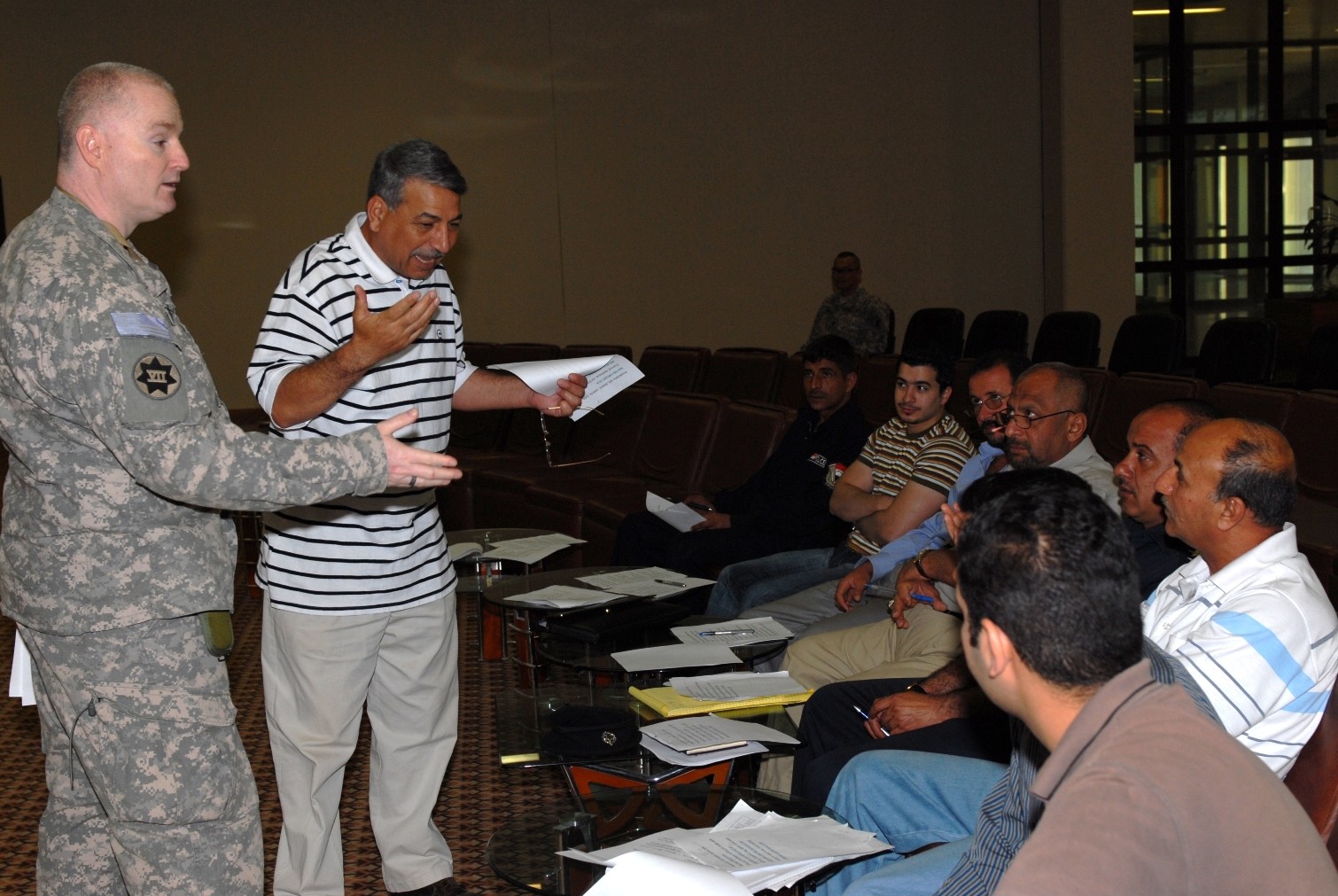
Social Sharing